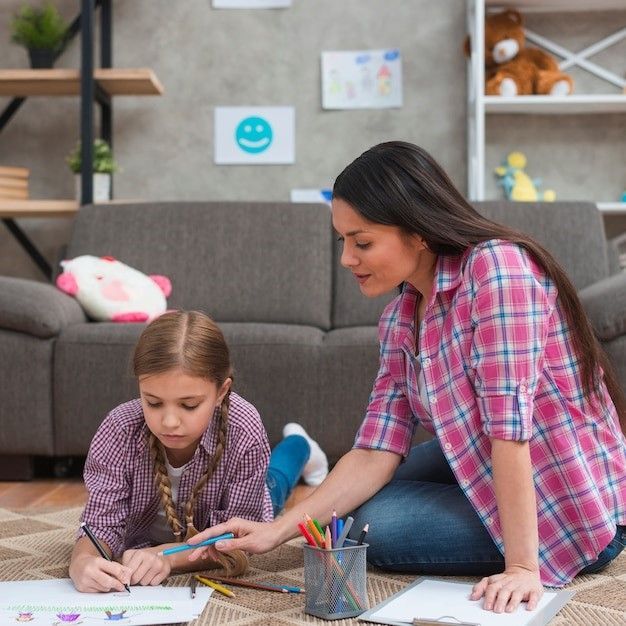When Highly Sensitive Kids Refuse to Go Places
Ceara Deno, MD • February 24, 2025
Schedule A Free Call
When Highly Sensitive Kids Refuse to Go Places

Do you ever struggle to get your highly sensitive child to go places?
Maybe it’s a trip to the store, a walk outside, or a birthday party, and your highly sensitive child just doesn’t want to go.
If this sounds familiar, You Are Not Alone.
This is a very common struggle for parents.
It’s important to understand that these kids are not trying to be difficult.
In reality, these children are struggling with needing safety, predictability and support.
Why does this happen?
Highly sensitive kids can struggle to go places because:
1.) Uncertainty can feel threatening
The highly sensitive nervous system craves predictability. Unknowns around what might happen can create anxiety and fear, which can make kids worry about going out.
2.) Sensory sensitivities can be exhausting
The highly sensitive nervous system picks up more sensory details and then processes them deeply. This bombardment of sensory information can be exhausting and overwhelming.
3.) Emotional energy is draining
For the sensitive nervous system, especially when a child is also introverted, they can become easily overwhelmed by the energy of socializing. The tendency can be to pull back socially to conserve their emotional energy.
4.) They fear discomfort or struggles
Kids may fear feeling awkward, uncomfortable, tired, or wanting to leave, and not being able to. As a result, they can want to avoid places that might cause distress.
5.) Transitions are extra hard
Highly sensitive kids are deep processors. This means that going from one activity to another requires extra mental energy. This makes transitions like leaving the house extra challenging.
So it’s important to remember, kids are NOT trying to be difficult when they refuse to go.
Kids refuse to go because they are struggling with safety, predictability and needing support.
How can we respond in the most helpful way?
1.) Empathize first
We want to show empathy first. This might sound like, “I’m hearing you really don’t want to go, I can see that. I know you wish you could stay home.” This doesn’t mean that we are giving in, but we are acknowledging and validating our child’s feelings.
2.) Give a sense of control
When kids feel a sense of control, they feel less anxious. Can we give children some say in the situation? “Do you want to take a family walk with me now, or we can go after lunch?”
3.) Preview what to expect
We all feel safer when we know what to expect. By explaining what will happen when kids go out, we are meeting their need for predictability and safety. “We are going to drive to the store for about 20 minutes, and then we’ll buy about 5 things to cook dinner, which should take about 10 minutes, and then we’ll come home.”
4.) Trust in your child’s capability
Your child is much more capable than they look in the moments when they refuse to go out. I want you to trust that your child is capable of doing things that feel hard for them with support.
5.) Celebrate baby steps
When kids make efforts to go outside their comfort zone, we want to notice and celebrate these efforts. “I love that you went into the store with me even though you really didn’t want to go and it was hard. I’m so proud of you for doing hard things.”
Want more support helping your highly sensitive child go places they don’t want to go?
I’d love to help!
Schedule a free call with me that gives specific advice for your unique situation.
You can watch my video explaining helping kids when they refuse to go places below:












